The fight to sustain net neutrality has begun, with many Democrats leading the charge.
On January 16th, 21 states and the District of Columbia filed a lawsuit against the Federal Communications Commission (FCC). It has been just a couple of months since the FCC issued a ruling that overturned net neutrality rules put in place during the Obama administration.
According to a report by Ars Technica, “The states suing the FCC are New York, California, Connecticut, Delaware, Hawaii, Illinois, Iowa, Kentucky, Maine, Maryland, Massachusetts, Minnesota, Mississippi, New Mexico, North Carolina, Oregon, Pennsylvania, Rhode Island, Vermont, Virginia, and Washington. That's every US state with a Democratic attorney general. Republican state attorneys general did not join the petition.”
This most recent turn of events comes just one day after Senate Democrats announced that they had 50 votes for legislation to overturn the FCC’s decision. Utilizing the legal system to reverse such a decision is necessary, given that both the White House and the majority of the legislature are still Republican controlled.
For many of the attorneys general involved in the lawsuit, net neutrality is crucial to a truly democratic society. "An open internet – and the free exchange of ideas it allows – is critical to our democratic process," said New York Attorney General Eric Schneiderman. "The repeal of net neutrality would turn internet service providers into gatekeepers – allowing them to put profits over consumers while controlling what we see, what we do, and what we say online."
Joining in the suit is Washington State Attorney General Bob Ferguson. He said, "allowing powerful special interests to act as the Internet's gatekeepers harms consumers, innovation, and small businesses. We believe the FCC acted unlawfully when it gutted net neutrality, and I look forward to holding the FCC accountable to the rule of law.”
Although the legal process involved with this kind of suit is cumbersome, many localities are still fighting against the FCC ruling in their own way.
Many state leaders have announced their intention to disregard the FCC ruling. In Washington State, Governor Jay Inslee announced his plans to join forces with other members of state government––as well as local businesses––to ensure free and open internet for all of his constituents.
“All Americans, as a matter of principle, should enjoy equal access to the educational, social and economic power of the internet. Ensuring this important technology remains free and unfettered is critical both to our personal freedoms and to our country’s economy,” said Inslee, in a letter to the FCC.
In Boulder, Colorado, city officials have begun to consider their own plan of action in the fight for net neutrality. The city is exploring options to implement municipal broadband service, something that would benefit its 50,000 residents.
"We're interested in exploring some sort of option that allows an open, non-discriminatory system or service that also doesn't provide data caps," said Boulder assistant city manager Chris Meschuk.
Across the board, the FCC’s ruling is fiercely opposed by Americans on a city, state and even national level. Even advocacy groups such as Free Press and the National Hispanic Media Coalition have announced intentions to file suit against the FCC. Although their ruling appeared to be immediately consequential, it is becoming increasingly clear that the FCC’s ruling will have an arduous journey before it will ever come to full fruition.








 @sza/Instagram
@sza/Instagram @laylanelli/Instagram
@laylanelli/Instagram @itssharisma/Instagram
@itssharisma/Instagram @k8ydid99/Instagram
@k8ydid99/Instagram @8thhousepath/Instagram
@8thhousepath/Instagram @solflwers/Instagram
@solflwers/Instagram @msrosemarienyc/Instagram
@msrosemarienyc/Instagram @afropuff1/Instagram
@afropuff1/Instagram @jamelahjaye/Instagram
@jamelahjaye/Instagram @razmatazmazzz/Instagram
@razmatazmazzz/Instagram @sinead_catherine_/Instagram
@sinead_catherine_/Instagram @popscxii/Instagram
@popscxii/Instagram







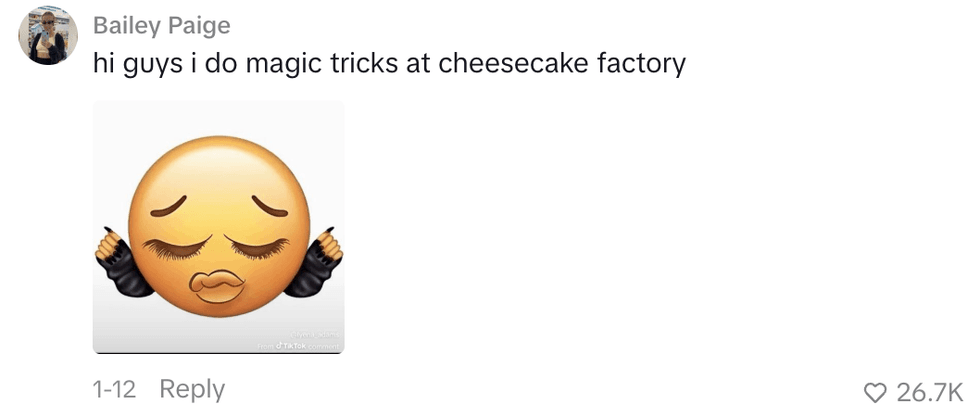 @lapetitefrit3/TikTok
@lapetitefrit3/TikTok @username12042023/TikTok
@username12042023/TikTok @mzansinatural/TikTok
@mzansinatural/TikTok @strawberry.princess22/TikTok
@strawberry.princess22/TikTok @sades.spam24/TikTok
@sades.spam24/TikTok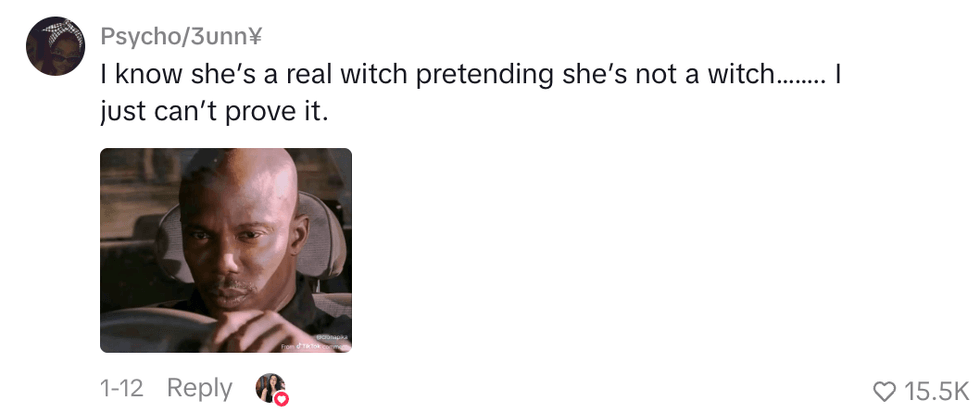 @psychobunn13/TikTok
@psychobunn13/TikTok @breannabryant967/TikTok
@breannabryant967/TikTok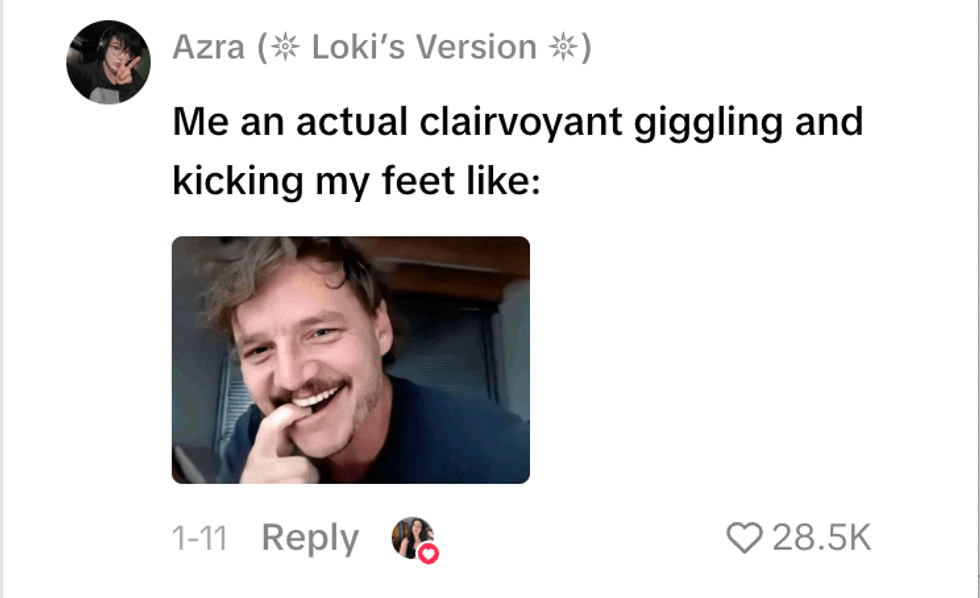 @sherlockholmes_asscheeks/TikTok
@sherlockholmes_asscheeks/TikTok @dreantoine_/TikTok
@dreantoine_/TikTok @jaythorlove/TikTok
@jaythorlove/TikTok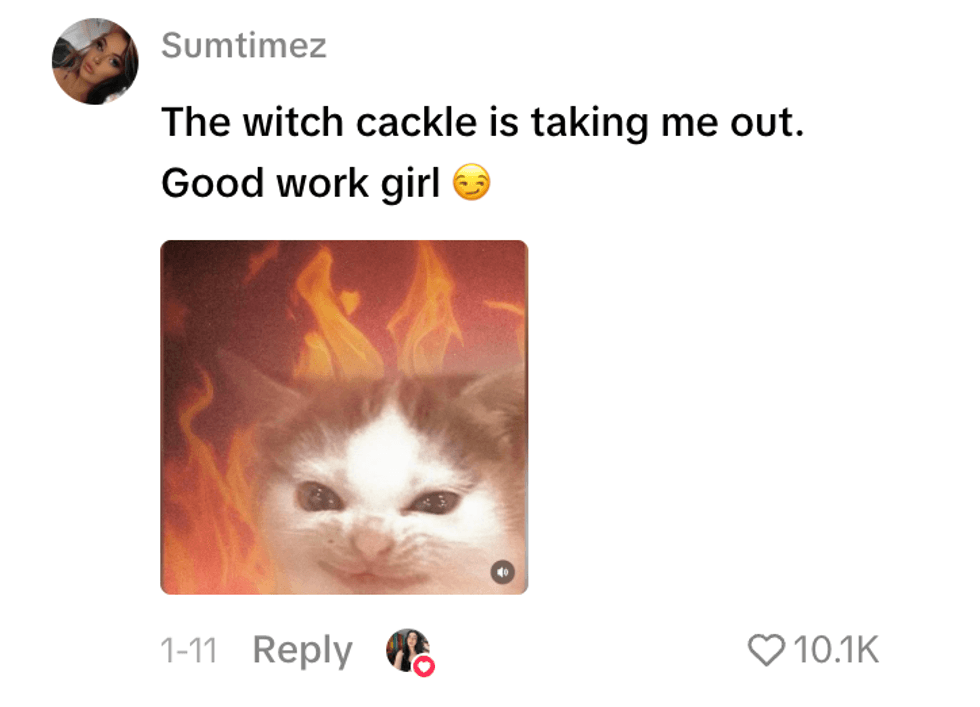 @sumtimezmusic/TikTok
@sumtimezmusic/TikTok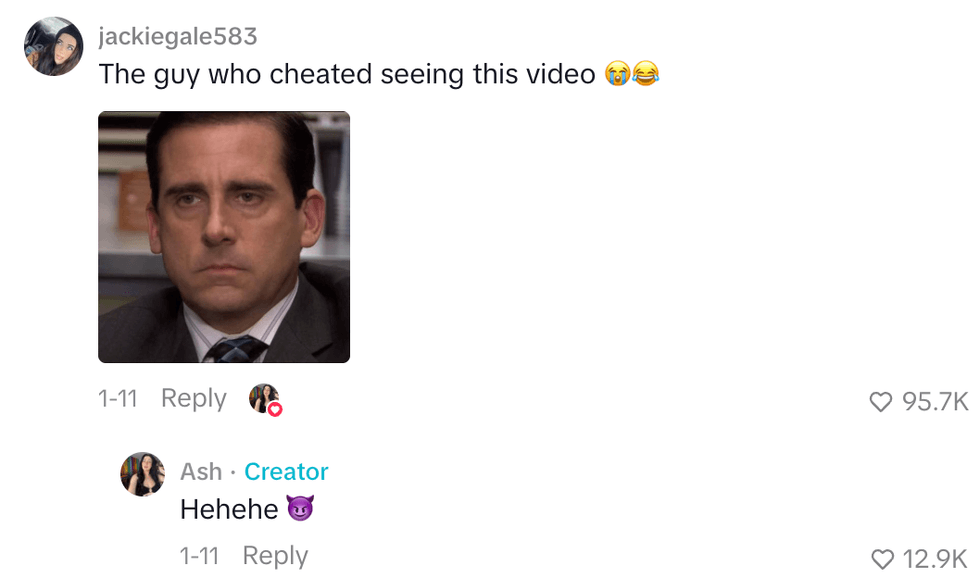 @jackiegale583/TikTok
@jackiegale583/TikTok